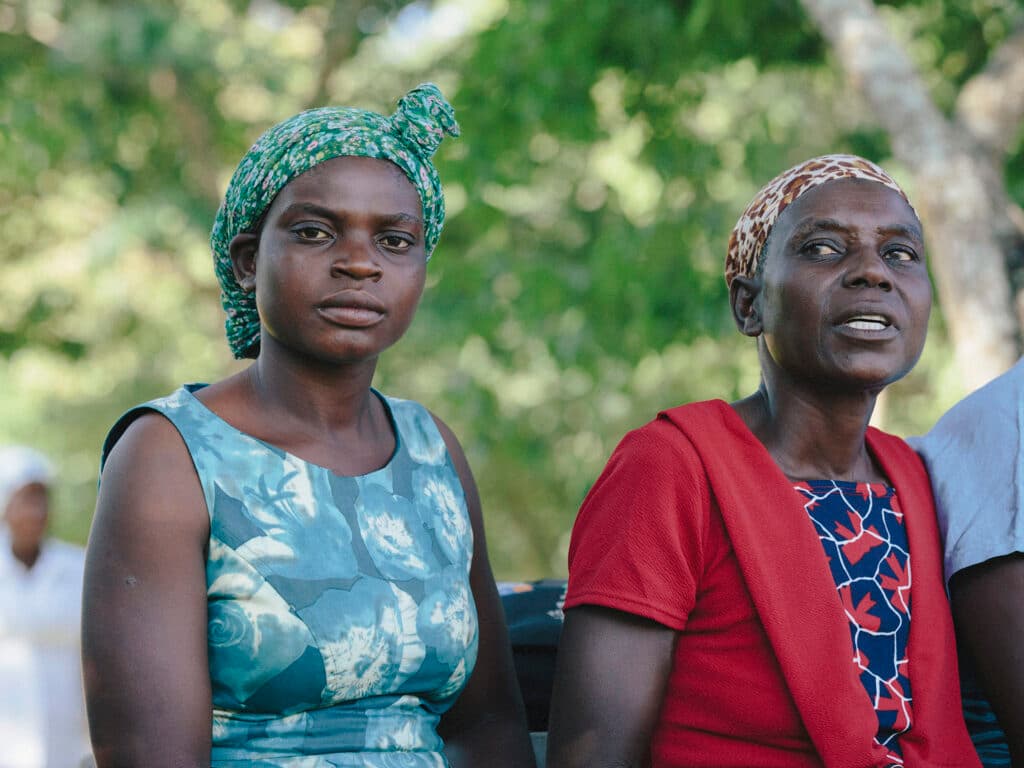
Trump could block Abortion Rights - Deaths predicted to increase
20 January, 2025When we asked a few of our partners to tell us what the reinstating of the Global Gag Rule / PLGHA Policy will mean for their communities and their work, almost none of them felt comfortable speaking on the record. This is a stark reminder of why the policy is referred to as a ‘gag’ rule. It is because it silences people and makes them feel unsafe. Even before it is reinstated, the Global Gag Rule is already shrinking the space to talk openly about sexual and reproductive health and rights.
Today 20 January 2025, Donald Trump takes office again as president of the United States. One of his first points of order will be to reinstate the Global Gag Rule / PLGHA Policy. The policy prohibits any recipient of U.S. global health assistance from providing information, referrals or services for legal abortion or advocating for access to abortion services in their country – even if those activities are done with the organisation’s own, non-U.S. funds.
The policy forces organizations to choose whether to provide comprehensive sexual and reproductive health care and education and lose U.S. funding; or stop such work in order to continue accepting U.S. funds. The policy was first instated by Ronald Reagan and has been annulled by every Democratic president and reinstated by every Republican president ever since.
Voices from Diakonia’s Partner Organizations:
"This may lead to unsafe abortions which will lead to loss of lives among women and young girls. Maternal deaths may also result from unplanned pregnancies especially among young girls and older women and there will be high maternal and child mortality rates."
Diakonia's partner organization in Cambodia
"The effects of the Global Gag Rule won’t just be felt in abstract policies — they will be felt in our bodies, in our everyday struggle for survival."
Diakonia's partner organization in Kenya
"Limited or no funding will lead to unintended pregnancies and unsafe abortions. Zimbabwe already has a challenge of unsafe abortions and this will be made worse as a result of the Gag."
Diakonia's partner organization in Zimbabwe
You cannot ban abortions. You can only ban safe abortions.
Under a ban, abortions are carried out clandestinely, in inadequately equipped environments, often carried out by persons who do not have the appropriate training, and without the possibility of seeking medical care afterwards if there are complications. There is overwhelming evidence that abortion bans do not reduce abortions, they only make them unsafe. Data shows that abortion rates are higher in countries that restrict abortion access than in those that do not. This highlights the fact that the Global Gag Rule is not actually about reducing abortions, but rather about controlling women’s bodies and choices.

SRHR includes the prevention and treatment of HIV and other sexually transmitted diseases. Therefore, when organisations and clinics have to stop doing this work because of the Gag Rule it has a catastrophic impact on people living with HIV and on the transmission of the disease.
"It could leave many without the support they need to make informed decisions about their bodies. It would decrease the autonomy of vulnerable groups, including women with disabilities, HIV-affected women, LBT women, migrant workers, factory workers, and rural or poor women."
Diakonia partner, Cambodia
We will find out shortly what changes will be made in this new iteration of the gag rule. With the ultra-conservative vision expressed in Project 2025 and its influence on the Trump-Vance administration, many expect the policy to now include all US foreign assistance including humanitarian assistance. There are also concerns that the US will nominate anti-SRHR advocates as special representatives, envoys and ambassadors to conduct US foreign policy; and that these persons will influence the drafting of UN resolutions and reports, policy statements and technical literature in a way that blocks human rights and SRHR globally.
"It is a huge regression especially at a time we as the women’s movement are collectively fighting for abortion rights and the respect of the right to freedom of choice and association. We hope like last time other progressive institutions will step up and cover the financial gap like what happened the last time Trump won."
Diakonia partner, Zimbabwe

Diakonia's work for gender equality
Diakonia strives to achieve gender equality by focusing on women’s political participation, economic empowerment, the right to live a life free from violence, people’s right to make decisions about their own bodies, and everyone’s right to love whoever they want. We know both men and women need to believe in and work for this if lasting changes are to be realised. We also know that women’s rights organizations and LGBT organizations are the ones who drive gender equality forward. Therefore, a key role for Diakonia is to be a true ally to precisely such organizations.